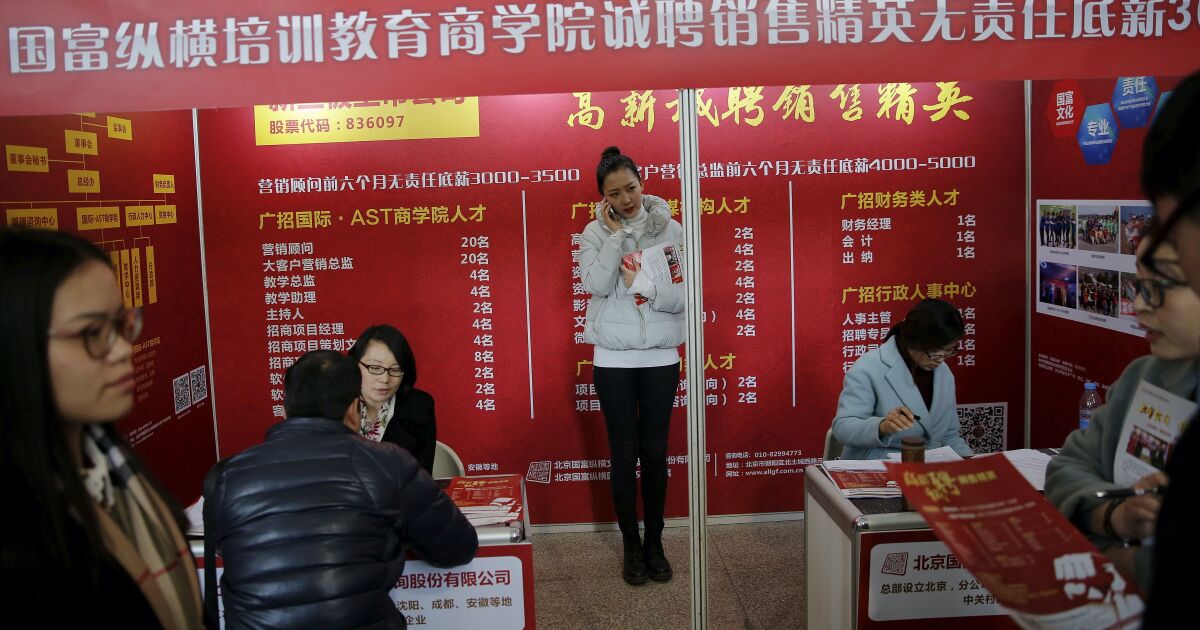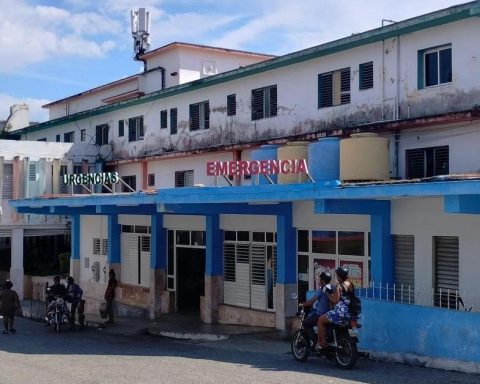The consumer price index (CPI) rose 0.5 percent in July from a year earlier, compared with a 0.2 percent increase in June, the National Statistics Office (ONE) reported on Friday, exceeding the 0.3 percent rise expected in a Reuters poll of economists.
Core inflation, which excludes volatile food and fuel prices, rose 0.4% in July, down from 0.6% in June. Month-on-month, the CPI rose 0.5%, compared with a 0.2% drop in June and an expected 0.3% rise.
High temperatures and rain in some areas last month pushed up food prices, partly contributing to the monthly recovery in growth, according to Dong Lijuan, a statistician with the NSO.
Weak domestic demand has emerged as one of the economy’s main weak points, while hopes for an export-led recovery have also been dampened by rising trade tensions with the West, tariffs on Chinese goods and fears of a US recession.
Consumers have largely shunned incentives to revive consumption as the prolonged housing recession, job insecurity and the debt wall of local governments prevent them from buying especially big-ticket items.
Auto sales, the largest component of China’s retail sales, fell for a fourth straight month in July despite a nationwide car trade-in program and easing of lending rules for the sector.
China’s capital Beijing recorded a 6.3 percent drop in retail sales in June, while the financial hub of Shanghai saw consumption decline 9.4 percent, below the national rise of 2 percent, official data showed.
The Producer Price Index (PPI), meanwhile, fell 0.8% in July compared to a year earlier, unchanged from the previous month and compared to the expected 0.9% drop.
Chinese leaders pledged in late July that stimulus measures needed to meet this year’s economic growth target would target consumers, days after announcing the allocation of 300 billion yuan ($41.96 billion) in ultra-long-term Treasury bonds to finance equipment upgrades and consumer goods swaps.

















